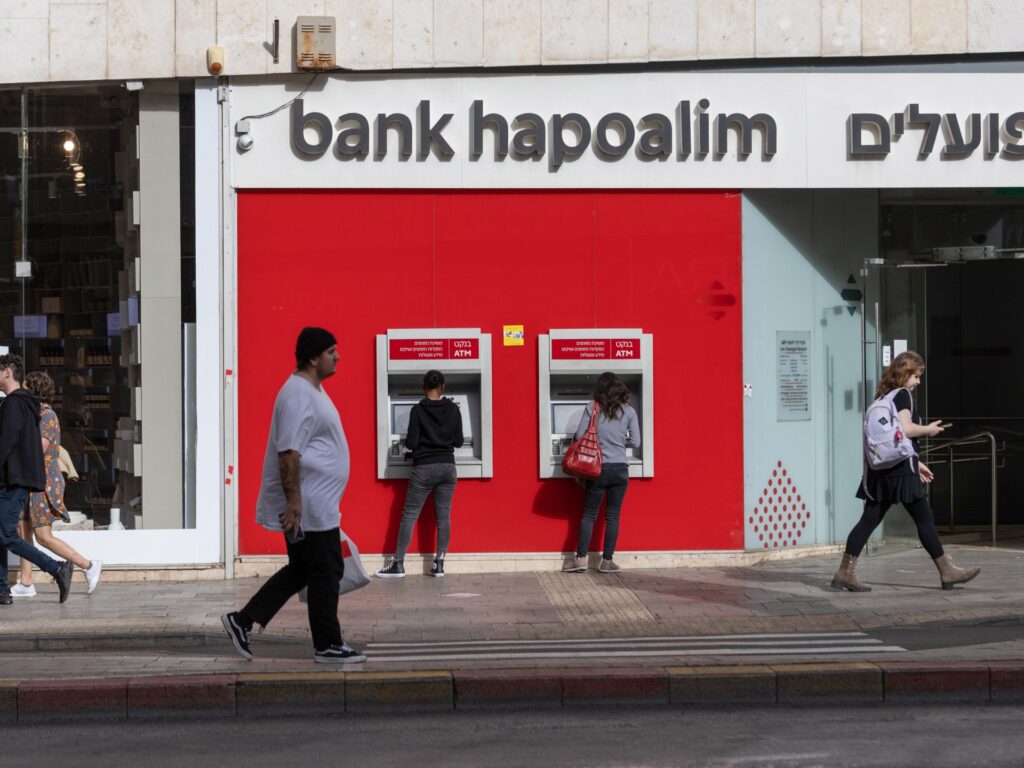Israeli financial institutions are tending to withdraw their investments from the internal market in exchange for significantly increasing their investments in foreign markets.
According to a report by the Globes newspaper, foreign assets accounted for about 42% of the investments of these institutions at the end of last March, which represents an increase of 3% since the beginning of Israel’s war on Gaza in October of last year.
This increase in foreign investments – according to the newspaper – reflects a strategic shift, as these institutions are currently investing approximately $300 billion abroad.
Strategic shifts in investment
According to the newspaper, Altshuler Shaham – the largest Israeli investment company in savings funds – reduced its clients’ possession of Israeli stocks from 20% of the stock portfolio to only 10%, which sparked great controversy in the financial market.
She believes that the shift away from the Israeli market is partly due to the weak performance of the Tel Aviv Stock Exchange compared to its global counterparts, which was exacerbated by the war on Gaza, and political and social unrest in Israel.
Liquidity is declining on the Israeli Stock Exchange, as it offers a relatively small number of shares for trading, which increases the trend towards foreign markets.
Economic trends
Alex Zabiczynski, chief economist at Mitav Dash Investment Fund, points to a major shift in the investment landscape since the Israeli government began developing its judicial reform programme.
Israeli financial institutions reduced their holdings of local securities by about $10 billion – according to Globes – while their exposure to foreign assets (including financial derivatives) increased by $67 billion, according to the same source.
The holding of savings funds and advanced training funds in foreign assets increased to 51.9%, compared to 47.7% before the war and 41% at the end of the year.
Hedging strategies
Data from the Bank of Israel reveal that the net holding of foreign currencies by financial institutions reached its peak at 21.7%, or $154 billion.
Managing this risk involves strategies such as currency hedging, which can be costly, or investing in dollar-denominated assets such as Israeli government bonds or S&P 500 contracts that mitigate direct foreign exchange exposure, according to Globes.
Volatility in exchange rates poses significant risks, which may affect the return on savings products. Zabieczynski warns that geopolitical developments could lead to sharp rises in the value of the shekel, which would result in significant losses for savers if not managed properly.
According to Globes, institutions carefully balance their holdings of the currency to hedge against potential losses while waiting for geopolitical tensions to resolve.



